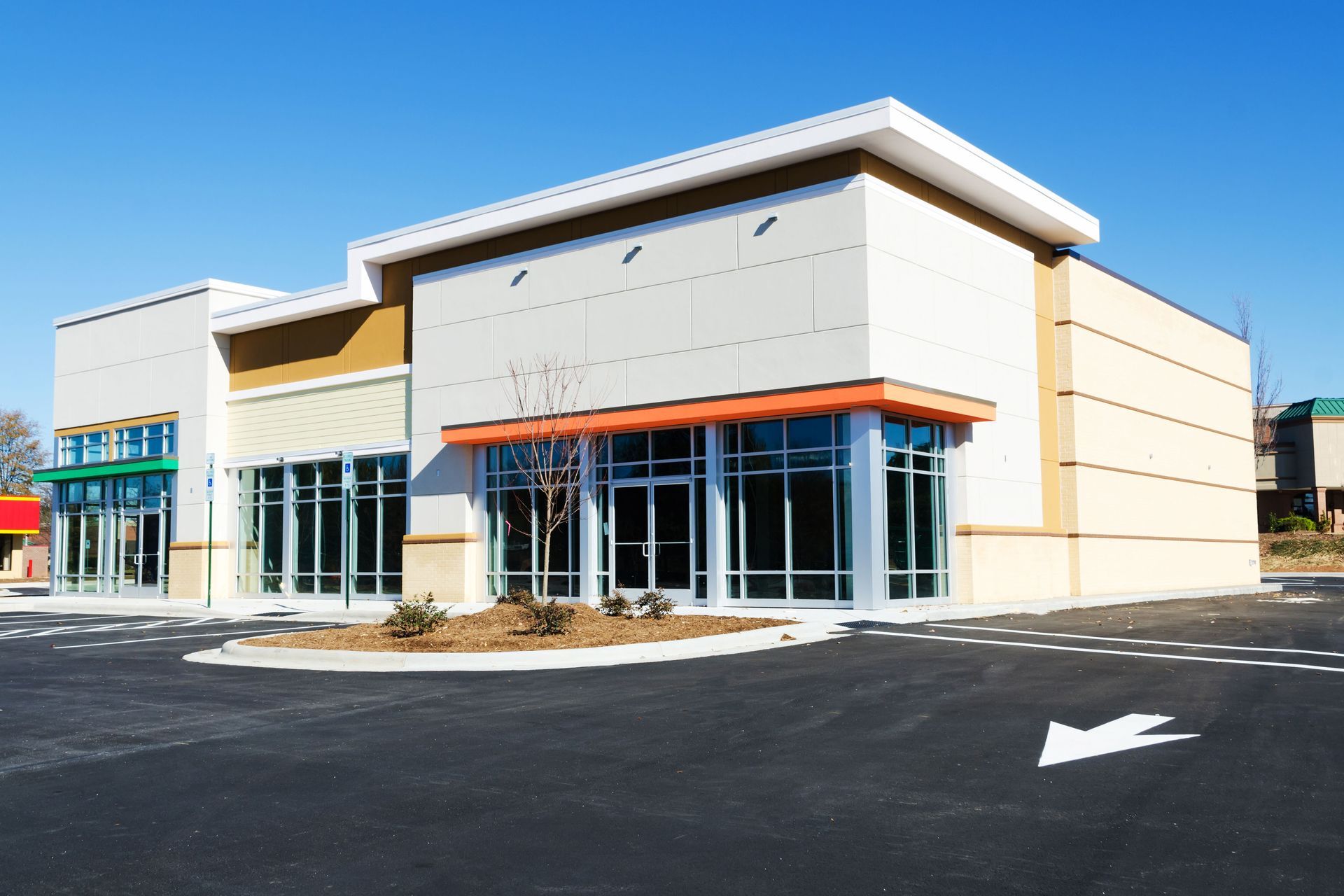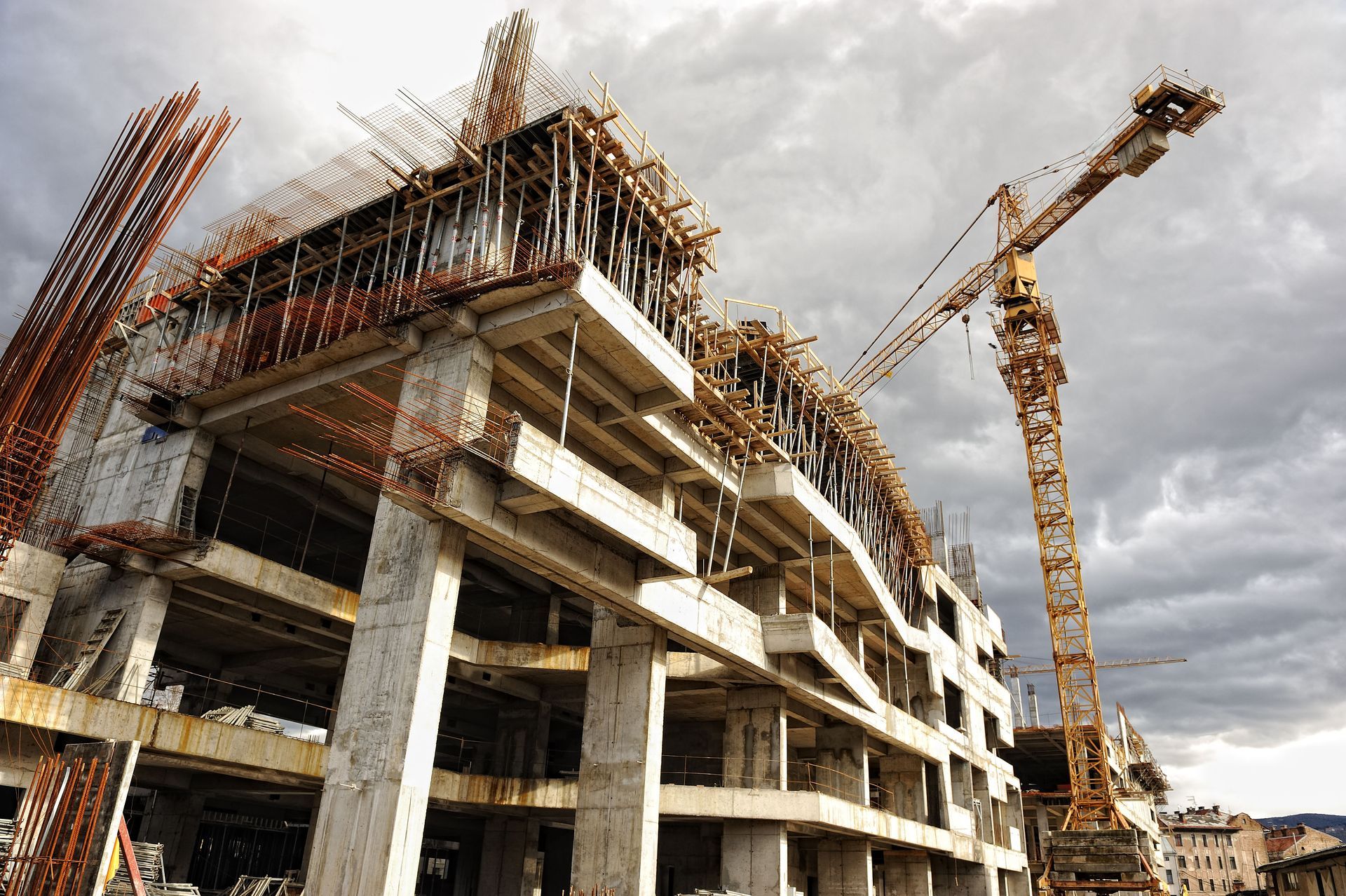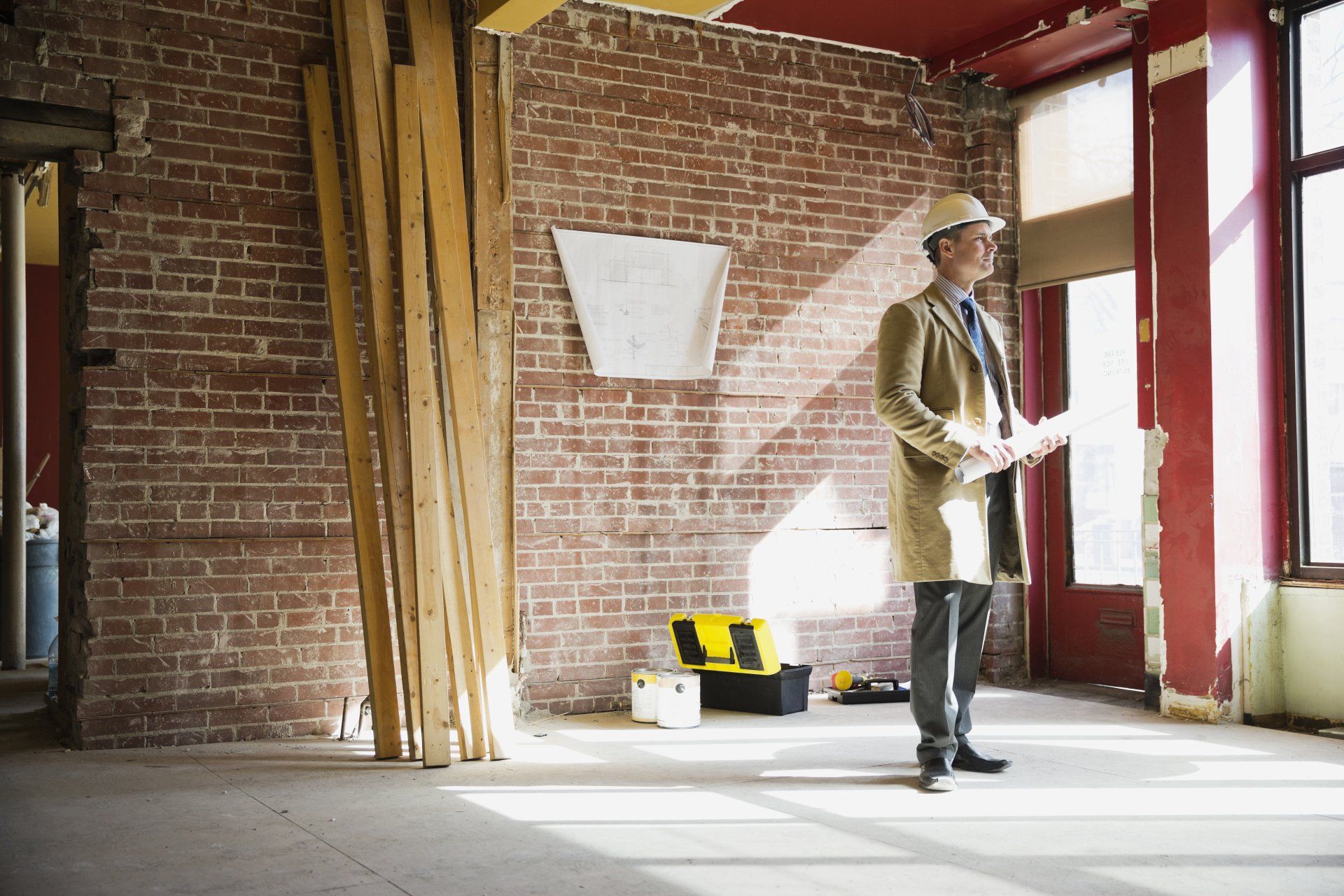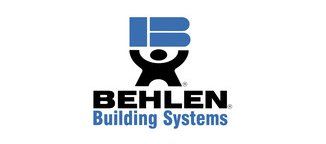How to Estimate a Time Frame for Your Project
Planning a construction project requires more than just budgeting for materials and labor. One of the most critical aspects is estimating how long the project will take from start to finish. Whether you're building an extension, renovating a home, or completing a commercial job, understanding the time frame can help you schedule resources, manage expectations, and reduce stress. Collaborating with experienced general building contractors can provide a realistic outlook and ensure that your project proceeds smoothly.
Assess the Scope of Your Project
The first step in estimating a time frame is to clearly define the project's scope. Larger projects, such as home extensions or new builds, naturally require more time than minor renovations. Consider factors such as the total square footage, the number of rooms, the complexity of designs, and any structural changes. Accurate planning at this stage helps general building contractors prepare a realistic timeline and avoid potential delays caused by unclear or shifting project requirements.
Factor in the Planning and Design Phase
Before any construction begins, detailed plans need to be drawn up. According to My Home Extension, depending on the size of the project, it can take architects anywhere from a few weeks to several months to draw up building plans; for smaller projects, it might take approximately four weeks, and for larger ones, it can be considerably more than that. This planning phase includes design approvals, permits, and potential revisions, all of which can impact your overall schedule. Allocating enough time for this phase prevents bottlenecks once construction starts.
Consider Material Availability and Supply Chains
Another key factor in project timelines is the availability of materials. Delays in ordering or shipping can significantly extend the construction period. Working closely with general building contractors ensures that orders are placed early and that any long-lead items, such as specialized flooring or custom windows, are accounted for in the schedule. Contingency time should be built into the timeline to accommodate unexpected supply chain issues.
Account for Weather and External Conditions
Construction timelines can also be affected by environmental conditions. Rain, extreme temperatures, or other weather events can slow down work, particularly on outdoor projects. General building contractors often factor local climate patterns into their scheduling, helping clients anticipate potential delays and adjust their expectations accordingly.
Estimating a time frame for a project involves evaluating the scope, planning, material availability, and environmental factors. By consulting experienced general building contractors and accounting for each phase of construction, you can create a realistic schedule that balances efficiency with quality. Preparing for potential delays and allowing flexibility in the timeline will ultimately make the project experience smoother and more predictable. For more information or to get started with our services, contact us at Bladholm Construction Inc today!












Share On: